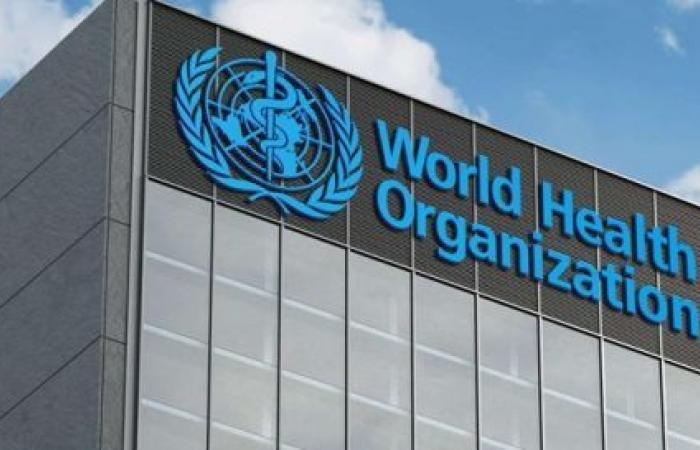(Ecofin Agency) – Africa recorded more than 11,000 confirmed cases of mpox as of Sunday November 3, spread across 19 countries, according to WHO figures. The DRC remains the most affected country, followed by Burundi and Uganda.
The World Health Organization (WHO) maintained, on Friday, November 22, its highest level of alert regarding the mpox epidemic in Africa, the number of cases and affected countries of which continues to increase.
According to the UN press release, “ this decision was taken due to the increasing number of cases and their continued geographic spread, operational challenges on the ground and the need to establish and maintain a coherent response between countries and partners ».
According to the latest figures released by WHO on Sunday, November 3, Africa has recorded 11,148 confirmed cases and 53 deaths linked to mpox, spread across 19 countries. The Democratic Republic of Congo (DRC) remains the most affected country, followed by Burundi and Uganda.
In an effort to contain the outbreak, the organization recently validated two vaccines. The first, developed by Bavarian Nordic, was prequalified in October for adolescents aged 12 to 17. The second, LC16m8, designed by KM Biologics in Japan, was granted emergency use authorization on Tuesday, November 19.
However, supply challenges are holding back vaccine rollout. So far, Rwanda, DRC and Nigeria have received 280,000 doses, and nearly 50,000 people have been vaccinated in DRC and Rwanda. Health authorities fear that supplies will remain limited in the short and medium term, thus compromising the fight against the disease.
At the same time, the African Center for Disease Control and Prevention (Africa CDC) announced, on Thursday, November 7, the launch of a clinical study to test “brincidofovir”, an antiviral approved against smallpox, in the treatment of the mpox.
“Africa is not just responding to the mpox epidemic, we are taking the lead in finding solutions by leading the research and development of treatments”said Dr Jean Kaseya, Director General of Africa CDC.
Mpox, first identified in the DRC in 1970, causes skin lesions, high fevers and muscle pain. Two distinct epidemics are currently occurring, one, caused by clade 1, mainly affects children in Central Africa, while the other, attributed to clade 1b, mainly affects adults in eastern DRC and neighboring countries. .
Charlene N’dimon
Also read:






